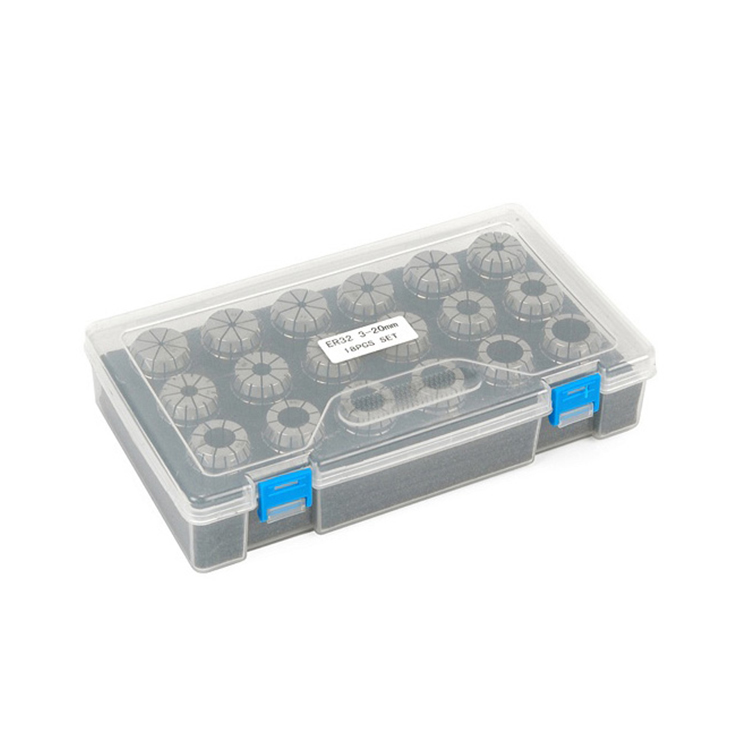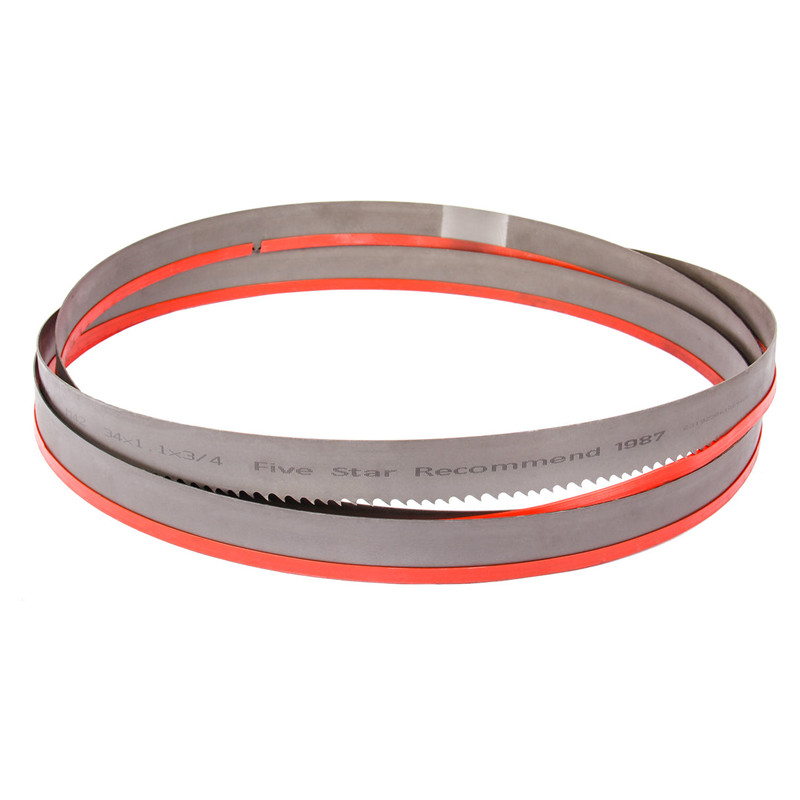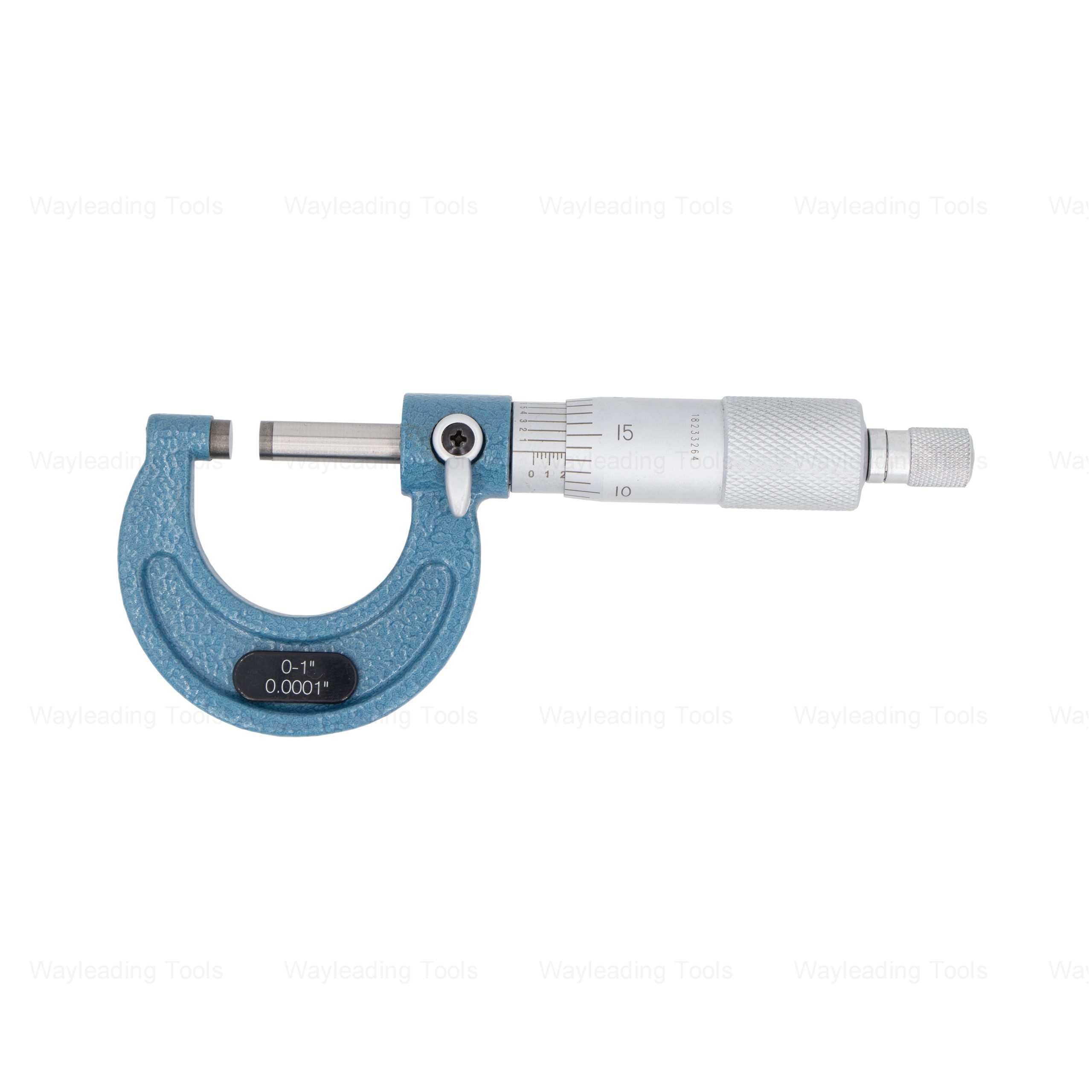Grooving Holder Manufacturers
Grooving holders are essential tools in machining, providing stability and precision for creating grooves on various materials. Selecting the right manufacturer is crucial for ensuring quality, performance, and longevity. This guide explores key factors to consider when choosing a grooving holder manufacturer, different types of holders available, and essential tips for optimal performance.
Understanding Grooving Holders and Their Importance
Grooving holders are designed to securely hold grooving inserts, enabling precise and efficient groove creation. They play a vital role in numerous industries, including automotive, aerospace, and manufacturing, where precision and quality are paramount.
Key Features of High-Quality Grooving Holders
Several features distinguish high-quality grooving holders from inferior ones:
- Rigidity: Minimizes vibration and ensures stable grooving operations.
- Precision: Accurately positions the insert for consistent groove dimensions.
- Coolant Delivery: Efficiently delivers coolant to the cutting edge, extending tool life and improving surface finish.
- Clamping Mechanism: Securely holds the insert, preventing movement during machining.
- Material: Constructed from durable materials like hardened steel or carbide for longevity.
Choosing the Right Grooving Holder Manufacturer
Selecting the right grooving holder manufacturer can be a daunting task. Consider these factors to make an informed decision:
Reputation and Experience
Look for manufacturers with a proven track record of producing high-quality grooving holders. Check online reviews, customer testimonials, and industry ratings.
Product Range and Customization
A good manufacturer should offer a wide range of grooving holders to suit different applications. Also, inquire about customization options if you have specific requirements.
Technical Support and Customer Service
Choose a manufacturer that provides excellent technical support and customer service. This ensures that you can get assistance with product selection, troubleshooting, and maintenance.
Pricing and Value
While price is a factor, focus on value. A slightly more expensive grooving holder from a reputable manufacturer may offer better performance and longevity, ultimately saving you money in the long run.
Consider Wayleading Tools, a company with a decade of experience, offering a diverse range of high-performance grooving tools, including grooving holders and grooving inserts designed to meet diverse machining needs. To find suitable grooving holders and learn more, visit www.wayleading.com.
Types of Grooving Holders Available
Grooving holders come in various designs to accommodate different grooving operations. Here are some common types:
External Grooving Holders
Designed for creating grooves on the outside diameter of a workpiece. They offer excellent stability and precision.
Internal Grooving Holders
Used for grooving the inside diameter of a workpiece. These holders are often longer and more slender to reach into bores.
Cut-Off Grooving Holders
Specifically designed for parting off or cutting off a workpiece. They feature a wider cutting edge for efficient material removal.
Threading Grooving Holders
These holders are specifically for cutting threads, integrating grooving with threading processes.
Optimizing Performance of Your Grooving Holders
To maximize the performance and lifespan of your grooving holders, follow these tips:
Proper Tool Selection
Choose the right grooving holder for the specific application. Consider the material, groove dimensions, and machining parameters.
Correct Insert Selection
Select the appropriate grooving insert for the material being machined. Factors to consider include insert geometry, grade, and coating.
Optimal Cutting Parameters
Use the recommended cutting speed, feed rate, and depth of cut for the insert and material. Refer to the manufacturer's guidelines.
Effective Coolant Application
Apply coolant directly to the cutting edge to reduce heat, lubricate the cutting action, and flush away chips.
Regular Maintenance
Inspect the grooving holder regularly for signs of wear or damage. Clean and lubricate the holder to prevent corrosion.
Troubleshooting Common Issues with Grooving Holders
Even with proper care, issues can sometimes arise with grooving holders. Here are some common problems and their solutions:
Vibration
Problem: Excessive vibration during grooving.
Solution: Increase the rigidity of the setup, reduce the cutting speed, or use a grooving holder with better damping characteristics.
Insert Breakage
Problem: Inserts breaking prematurely.
Solution: Reduce the feed rate, use a more robust insert grade, or improve coolant delivery.
Poor Surface Finish
Problem: Rough or uneven surface finish.
Solution: Increase the cutting speed, use a sharper insert, or improve coolant delivery.
The Future of Grooving Holder Technology
The field of grooving holder technology is constantly evolving. Here are some emerging trends:
Advanced Materials
Manufacturers are exploring new materials like advanced ceramics and composite materials to create grooving holders with improved performance and durability.
Smart Tooling
Integration of sensors and data analytics into grooving holders allows for real-time monitoring of cutting parameters and tool condition.
Additive Manufacturing
3D printing is being used to create custom grooving holders with complex geometries and internal features.
Case Studies: Successful Applications of Grooving Holders
Here are a couple of examples showcasing the practical use of grooving holders.
Automotive Industry
A leading automotive manufacturer used a high-precision grooving holder to create intricate grooves on brake rotors, improving braking performance and reducing noise.
Aerospace Industry
An aerospace company utilized a custom-designed grooving holder to machine complex grooves on turbine blades, enhancing engine efficiency and reliability.
Comparing Leading Grooving Holder Manufacturers
Here's a simplified comparison of well-known grooving holder manufacturers based on common features. This comparison is for illustrative purposes only and should be verified with the manufacturers directly.
| Manufacturer | Product Range | Customization Options | Technical Support |
|---|---|---|---|
| Wayleading Tools | Wide range of grooving holders and inserts | Available | Excellent |
| Sandvik Coromant | Extensive range of tooling solutions | Limited | Good |
| ISCAR | Comprehensive selection of grooving tools | Available | Good |
Conclusion
Choosing the right grooving holder manufacturer is crucial for achieving optimal machining performance. By considering factors such as reputation, product range, technical support, and value, you can select a manufacturer that meets your specific needs. Remember to follow best practices for tool selection, cutting parameters, and maintenance to maximize the lifespan and performance of your grooving holders. Always refer to the manufacturer’s guidelines and specifications for accurate and safe operation.
Disclaimer: This article is for informational purposes only. Always consult with a qualified professional before making any decisions about machining tools or processes. Product specifications and availability are subject to change without notice.
Related products
Related products
Best selling products
Best selling products-
 Precision V Block And Clamps Set With High Quality Type
Precision V Block And Clamps Set With High Quality Type -
 Auto Self Reversible Tapping Chuck In Drill Machine
Auto Self Reversible Tapping Chuck In Drill Machine -
 Precision Digital Bore Guage From 6-450mm Range
Precision Digital Bore Guage From 6-450mm Range -
 Inch ER Collets With Hight Precision Milling
Inch ER Collets With Hight Precision Milling -
 Precision V Block Set With M Type
Precision V Block Set With M Type -
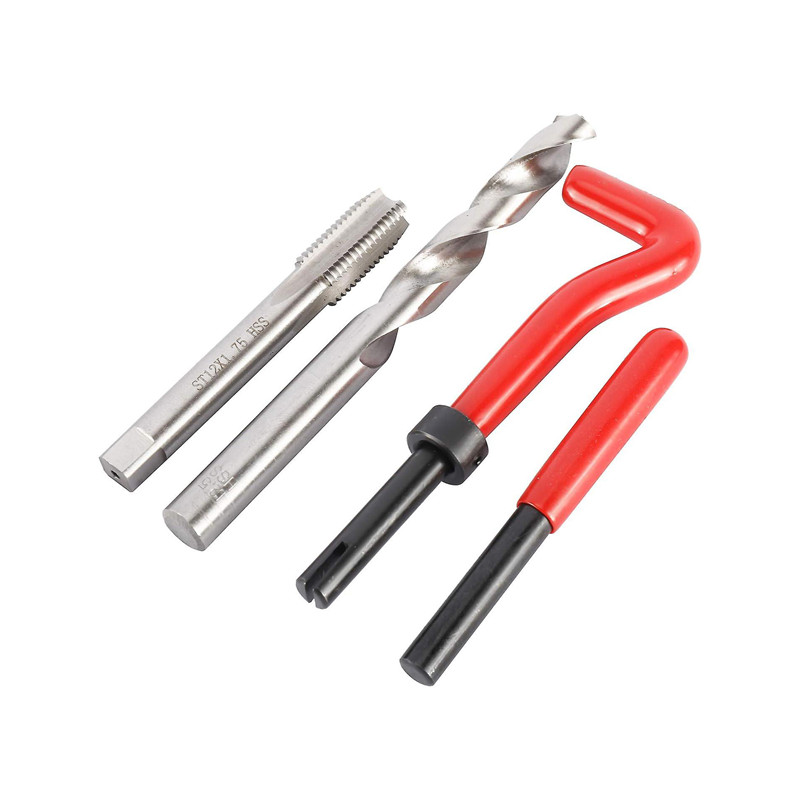 131PCS Thread Repair Set And Helicoil Type Thread Repair Set
131PCS Thread Repair Set And Helicoil Type Thread Repair Set -
 HSS Inch 4 Flute End Mills With Bright Or TiN And TiAlN Coated
HSS Inch 4 Flute End Mills With Bright Or TiN And TiAlN Coated -
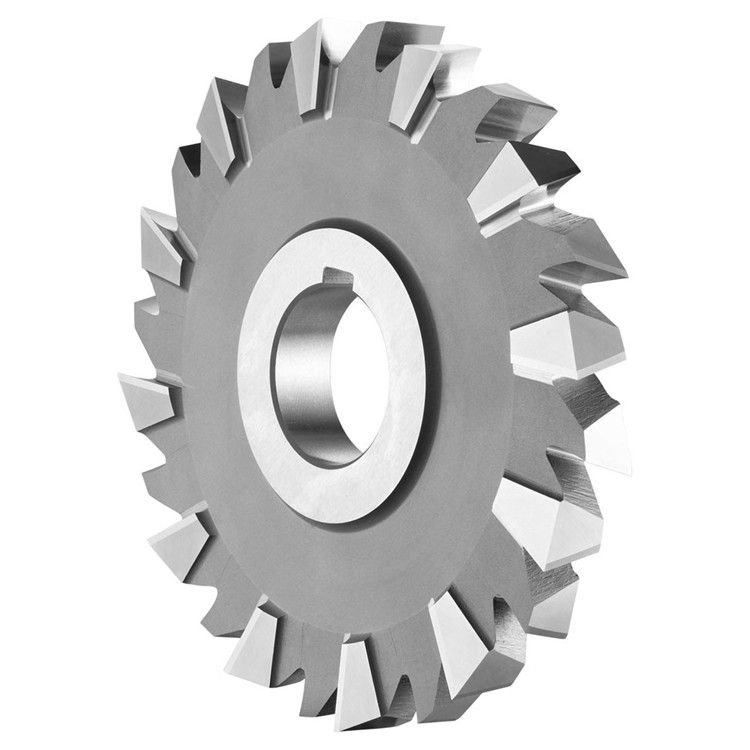 HSS Metric Side Milling Cutter With Bright Or TiN And TiAlN Coated
HSS Metric Side Milling Cutter With Bright Or TiN And TiAlN Coated -
 F1 Precision Boring Head With Metric & Inch
F1 Precision Boring Head With Metric & Inch -
 HSS Involute Spline Cutter With PA30
HSS Involute Spline Cutter With PA30 -
 Precision V Block And Clamps Set With High Quality Type
Precision V Block And Clamps Set With High Quality Type -
 Dead Center For Morse Taper Shank
Dead Center For Morse Taper Shank

